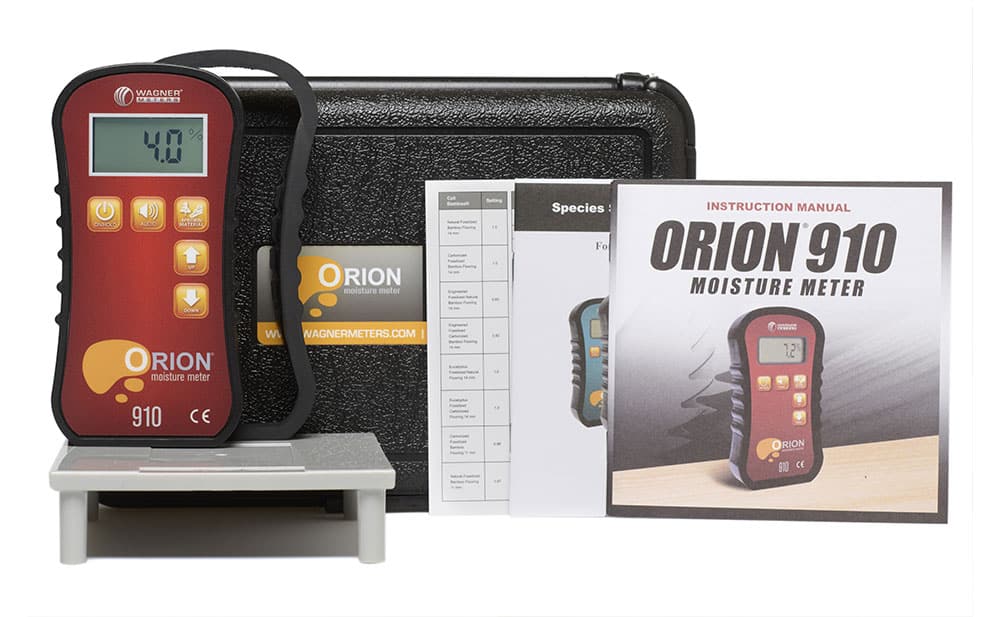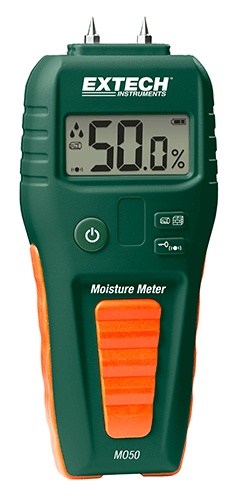The Scientific Research Behind Moisture Meters: Just How They Work and Why They're Crucial
Wiki Article
The Ultimate Overview to Moisture Meters: A Comprehensive Overview and Just How They Can Conserve You Money
In the world of structure upkeep, building, and different markets, the value of accurately measuring dampness degrees can not be overemphasized. Dampness meters serve as important devices in spotting and keeping track of moisture material in products, helping in preventing pricey damages and making certain the quality of products. Understanding the nuances of various kinds of moisture meters, their applications, and the possible cost-saving advantages they supply can be a game-changer for experts and companies alike. Discovering exactly how these devices can not just streamline processes yet likewise contribute to monetary savings is a journey worth embarking on.Sorts Of Moisture Meters
Numerous kinds of dampness meters are offered for different applications in numerous sectors. One typical type is the pin-type dampness meter, which determines the electrical resistance between two pins inserted right into a product. This kind appropriates for timber, drywall, and various other building products. Pinless wetness meters, on the various other hand, use electromagnetic sensor plates to check a larger location without creating damages to the product's surface area. These meters are optimal for quickly analyzing moisture degrees in big areas such as floorings and walls.In addition, there are additionally specialized wetness meters designed for certain products like hay, grain, or soil. These meters supply accurate wetness analyses tailored to the unique homes of the product being checked. Infrared wetness meters determine the thermal properties of a material to determine its dampness content non-invasively, making them beneficial for applications where pin or pinless meters might not appropriate. Comprehending the various kinds of wetness meters available can assist markets choose one of the most suitable device for their details wetness measurement demands.

Advantages of Using Moisture Meters

Moreover, utilizing dampness meters can cause boosted power performance. By recognizing locations with high wetness levels, such as leakages or inadequate insulation, adjustments can be made to enhance power conservation and lower utility costs. In agricultural settings, moisture meters play a crucial function in enhancing plant returns by allowing farmers to keep an eye on dirt dampness levels and make educated watering decisions. In general, the benefits of using dampness meters span throughout numerous sectors, giving affordable services and advertising far better quality assurance methods.
How to Choose the Right Moisture Meter
Selecting the ideal dampness meter involves considering crucial elements such as material compatibility, dimension variety, and calibration accuracy. When selecting a dampness meter, it's vital to make certain that the meter is suitable for the certain product you will be screening. Different products have varying electrical properties that can impact dampness readings, so picking a meter made for your material is important for precise outcomes. Additionally, consider the measurement series of the wetness meter. Make certain that the meter can identify wetness levels within the range needed for your applications. Calibration accuracy is another critical aspect to remember (Moisture Meter). Select a moisture meter with trustworthy calibration to make certain regular and precise readings. Some meters might call for periodic calibration changes, so comprehending the calibration procedure is very important. By carefully examining these variables, you can choose a moisture meter that fulfills your demands and provides accurate wetness measurements for your jobs.Correct Strategies for Moisture Meter Usage
To make certain accurate wetness analyses and make the most of the efficiency of a wetness meter, employing correct methods is essential. When utilizing a pin-type moisture meter, insert the pins or probes right into the product being checked till they make full contact. By complying with these proper methods, users can depend on their moisture meter to supply reliable moisture levels, aiding in stopping pricey damage or making sure quality in numerous applications.
Cost Cost Savings Through Moisture Meter Applications
How can the critical application of moisture meters lead to considerable cost financial savings across different markets? In the farming industry, wetness meters aid in figuring out the optimum time for collecting crops, stopping over-drying or excess moisture company website that can affect the final product's high quality.

Additionally, in the food processing market, moisture meters are vital for keeping track of item quality and guaranteeing compliance with safety policies. By properly determining wetness web content in foodstuff, makers can stop wasting, maintain freshness, and reduce waste, causing substantial expense savings. Overall, the strategic application of wetness meters is a useful investment that can lead to significant price decreases and boosted performance throughout different sectors.
Verdict
In conclusion, dampness meters are valuable devices for detecting and gauging dampness degrees in various products. By making use of the best dampness meter and complying with appropriate techniques, customers can efficiently prevent pricey damages created by excess moisture. Investing in a high quality dampness meter can cause substantial cost financial savings in the future by identifying potential problems beforehand and enabling timely removal. Eventually, wetness meters are important tools for keeping the honesty click to investigate and longevity of products and frameworks.Wetness meters serve as vital tools in finding and keeping an eye on moisture web content in products, helping in avoiding expensive problems and making certain the high quality of items. Infrared wetness meters gauge the thermal buildings of a product to determine its dampness material non-invasively, making them useful for applications where pin or pinless meters might not be ideal.Moisture meters provide invaluable benefits in accurately keeping track of and analyzing dampness degrees in diverse materials and environments. In agricultural settings, dampness meters play a vital role in enhancing crop yields by enabling farmers to keep track of soil wetness degrees and make informed irrigation choices.In verdict, wetness meters are valuable tools for gauging and detecting dampness degrees in numerous products.
Report this wiki page